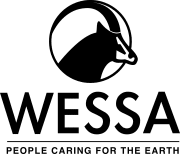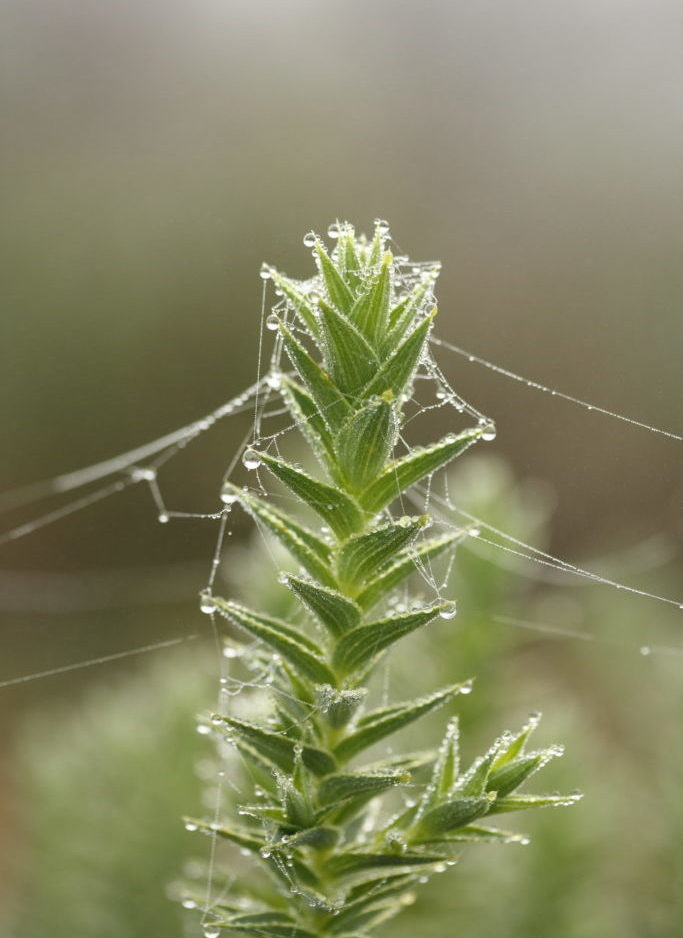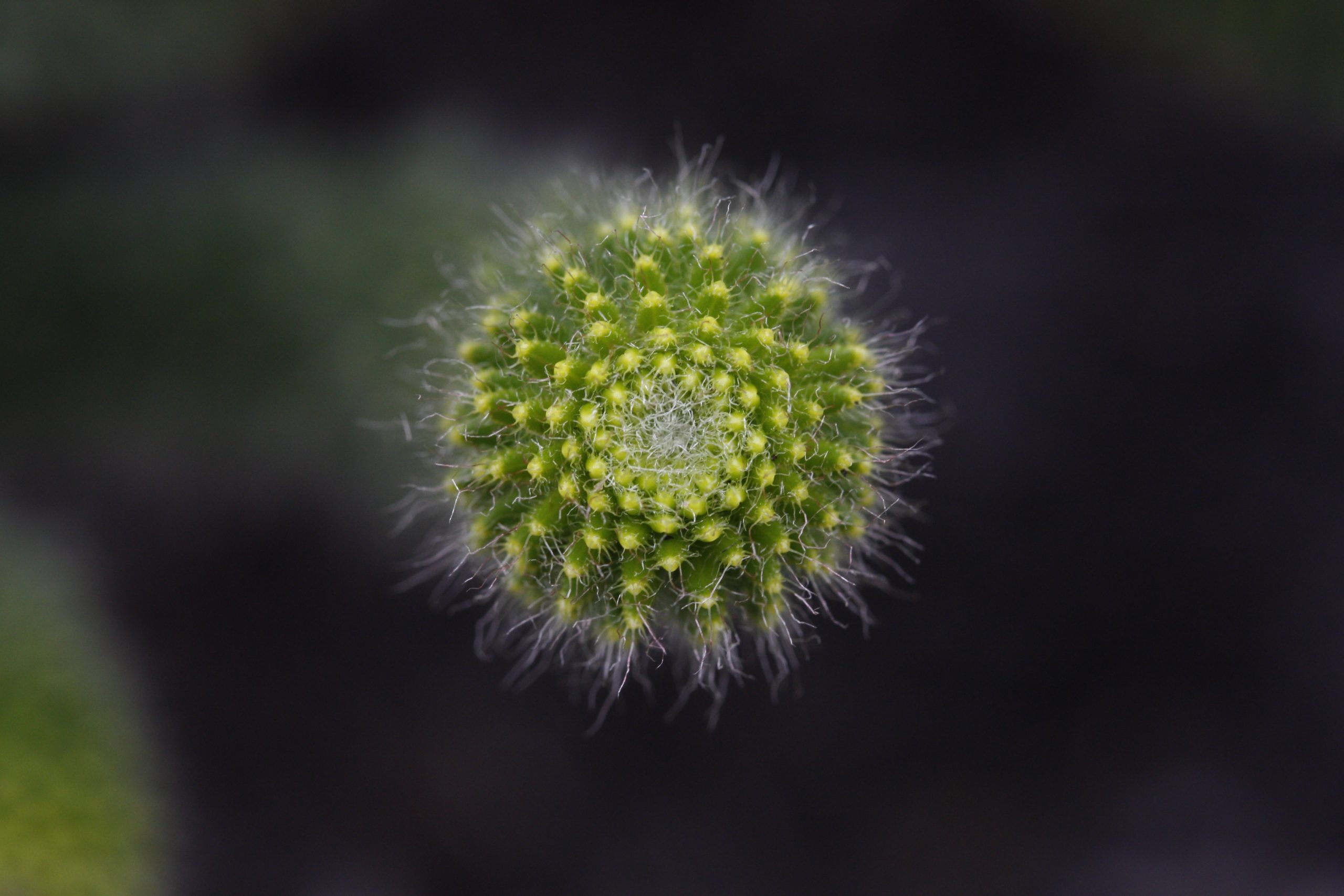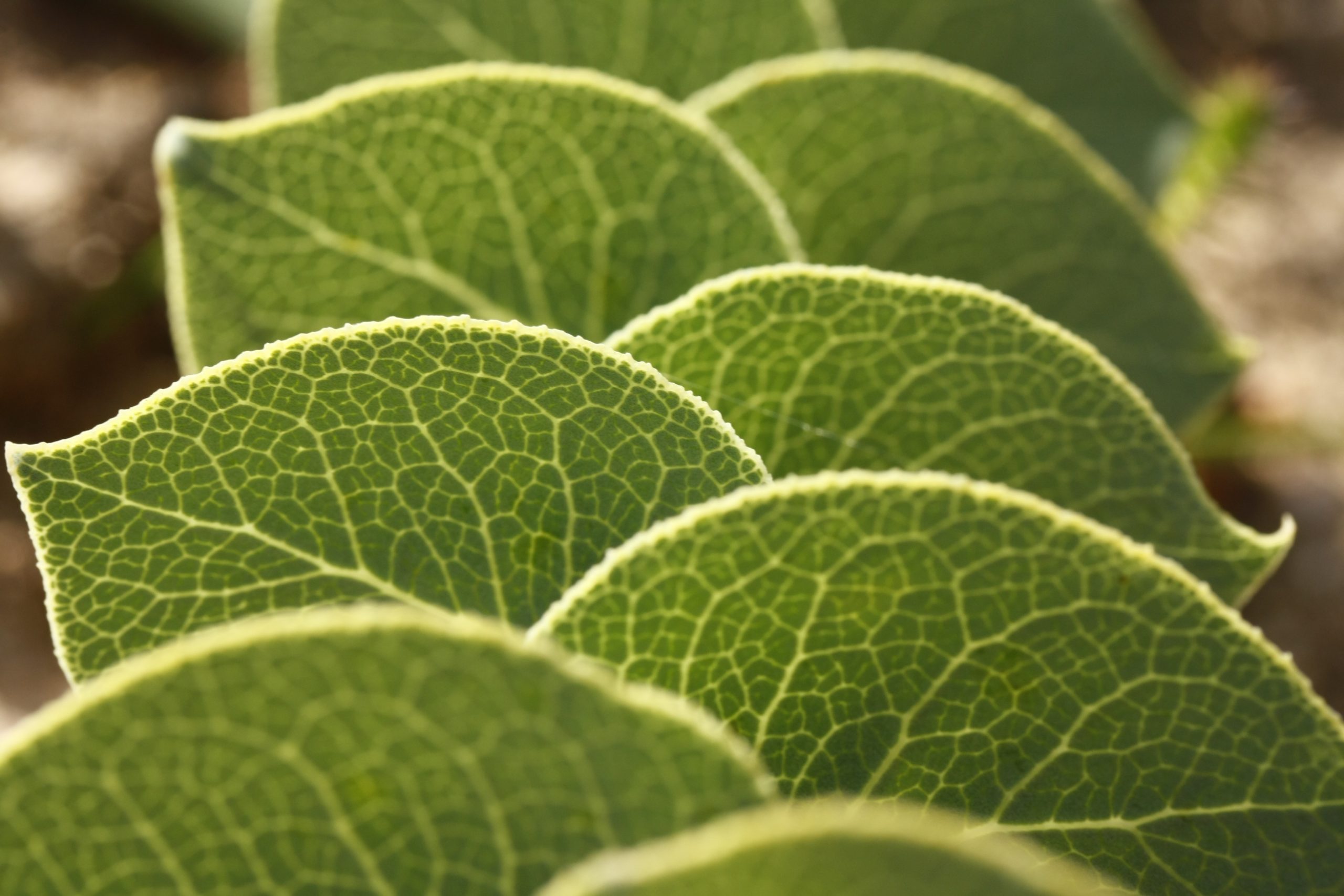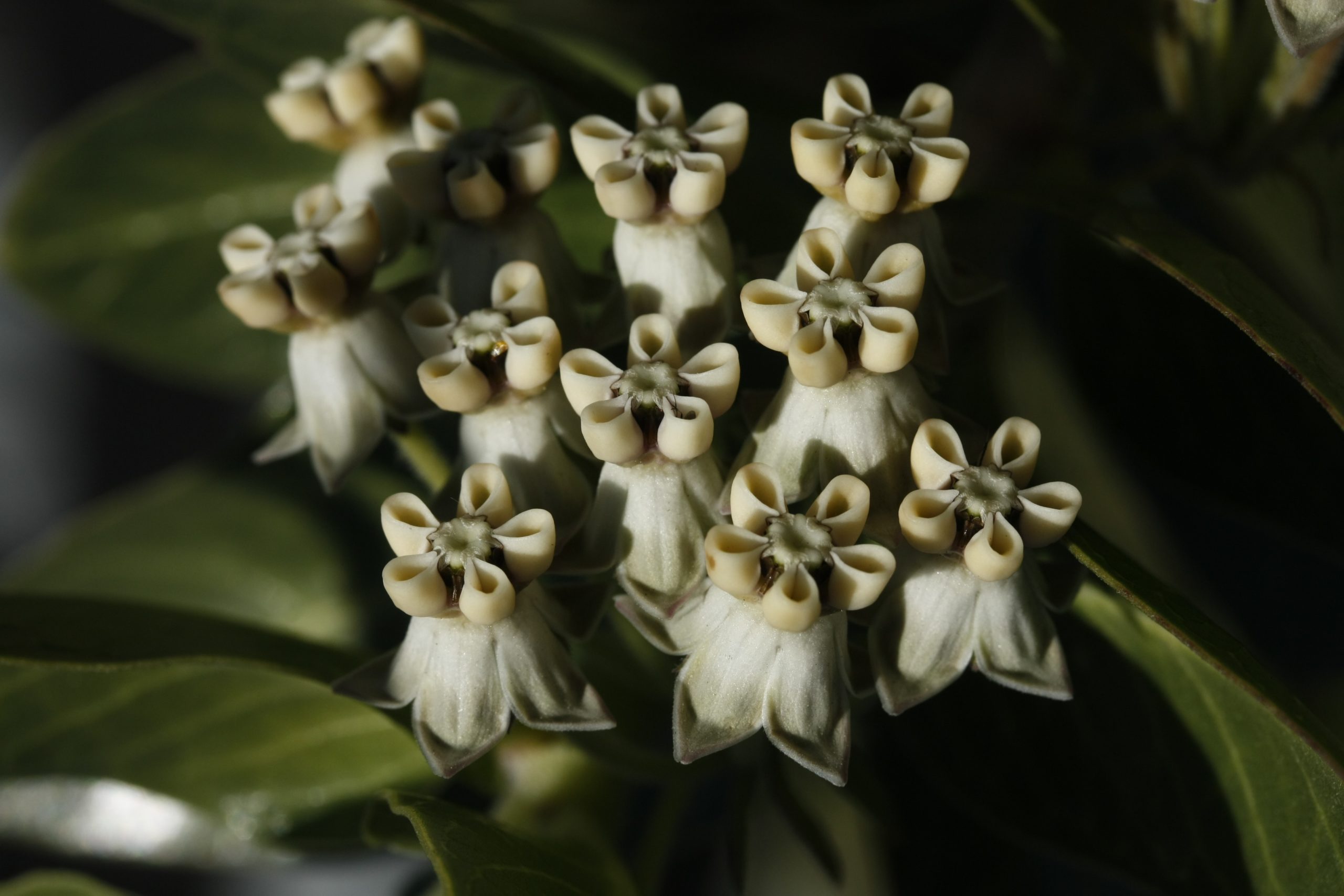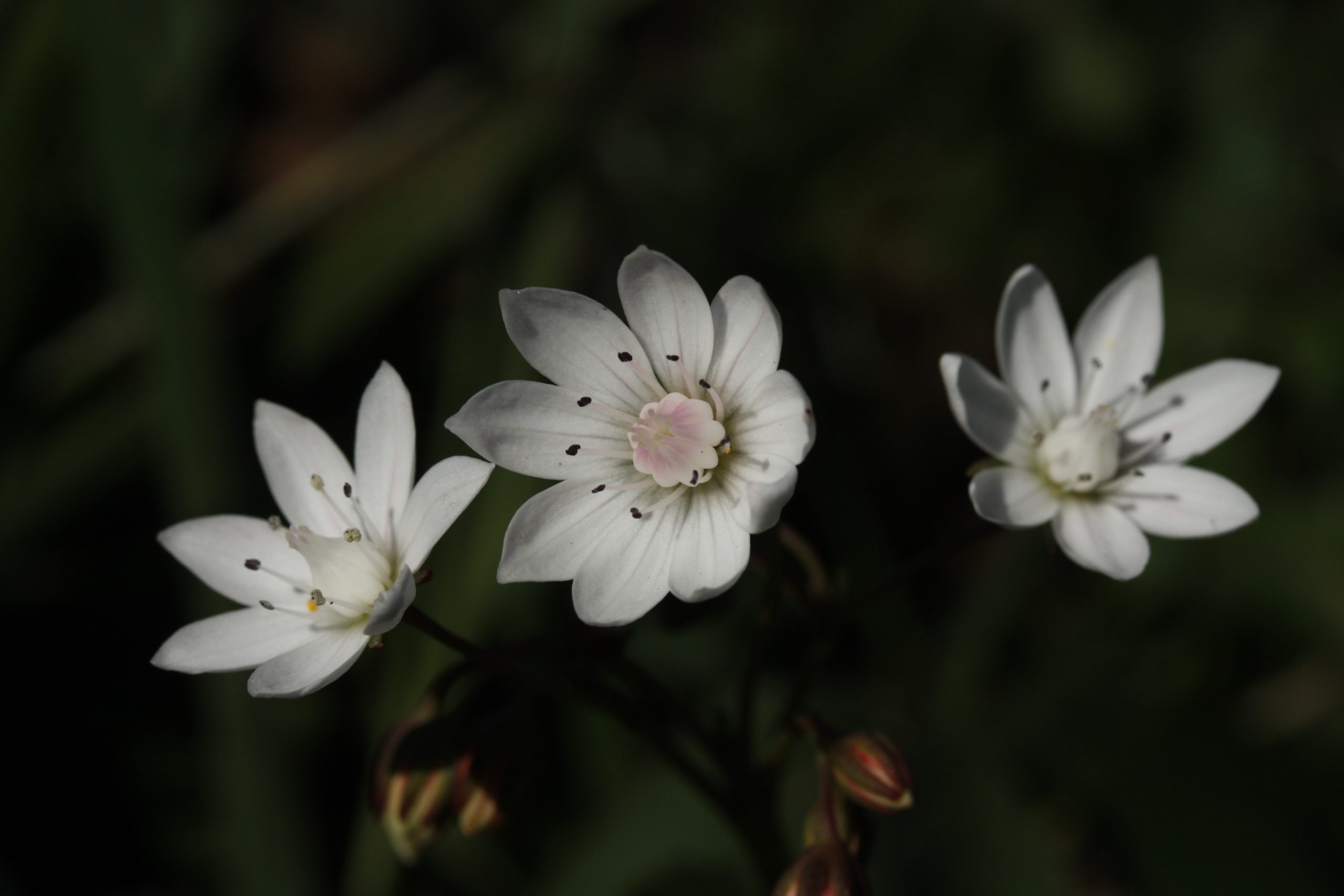CONSERVATION AT VONDELING
Our mission is to produce wines of excellence, in harmony with nature. The established vineyards are farmed using a holistic approach, using minimal intervention in the winemaking process which maximises the unique harvest character each year. Vondeling has a high variety of soil profiles, inherited from the ancient geological history of the area and thus an unusually wide range of cultivars are therefore able to be farmed here. Estate management supports and draws inspiration from the extraordinary floral heritage — naming our flagship white and red blends after flowers endemic to the Paardeberg Mountain (Babiana & Monsonia).
With 400 hectares of indigenous fynbos on our mountain slopes, the responsible custodian approach of wine estates has a significant combined impact on the continued flourishing of Fynbos flora. Vondeling is one of a number of farms that have moved to protect their natural assets and are proud to be 1 of 50 WWF Conservation Champion Wine Farms, reflecting their core values, which include; farming for future generations in an ethical, and sustainable manner.
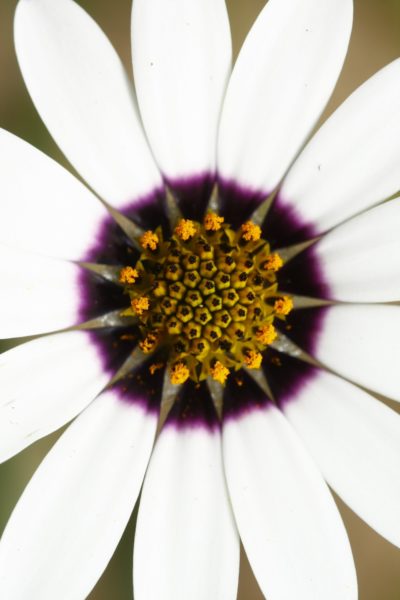
VONDELING FYNBOS SURVEY
The Paardeberg Mountain—our vineyards fan across its slopes and foothills—is rich in indigenous fynbos. Notably, there are four species that are endemic as well as unique to the area: the Babiana noctiflora, Erica hippuris, Oscularia paardebergenis and Serruria roxberghii.
Vondeling`s flagship white and red wines have been named after two of these red data listed plants, namely the Babiana (white) and the Monsonia (red). In addition, a new, still to be named, Micranthus species has been discovered.
Following a fire on the Paardeberg in January 2011, a botanical survey was commissioned by the Paardeberg Sustainability Initiative (PSI) in collaboration with Vondeling Wines to record the plant species growing on the mountain. The post fire fynbos regrowth was documented for 18 months through plant collections and photographic records. To date, over 900 species in over 70 families have been collected. Approximately 10% of these species are listed as threatened species.
FIRE TO FLOWER
This publication materialised following a fire on the Paardeberg, which burnt 75% of the mountain above the farmlands. Being the first fire in 25 years, it offered an unmatched opportunity to document and observe the emergent plant species as they germinated and flowered.
Sponsored by Anthony Ward, of Vondeling Wine Estate, botanist and photographer Greg Nicolson recorded and archived images and specimens over 18 months, in consultation with the Compton Herbarium. He collected over 1000 species, including one species new to science, and a number of new distribution records.
Walking the mountain for over 18 months, gave Greg a broad view of animal, bird and insect inhabitants of the Paardeberg that have been included among the flowers. Ruth Garland was invited to write text to the publication, which is designed to highlight an appreciation of the diversity and beauty of this part of the matchless Cape Floral Kingdom.
This book is primarily to give pleasure to those who love the natural world while also providing an opportunity to learn more about a spectacular part of it, so that it is treasured and adequately protected for generations to come.
BIODIVERSITY AT VONDELING
Vondeling was a proud supporter of the Biodiversity and Wine Initiative, established in 2004 to promote awareness and participation in driving conservation minded farming practices. In 2014, Vondeling was awarded Championship status within this organisation.
Between 2005 and 2015, with the support of the WWF and BWI extention officers, a strong foundation of wine farms implementing biodiversity-friendly farming practices has been established. One third of the wine industry now has environmental management plans in place, co-developed with WWF, together with training to deliver on these guidelines.
For more information about WWF Conservation Champions, click here.
PAARDEBERG SUSUTAINABILTY INITIATIVE
The PSI was established by Dr. Bridget Johnsen in 2001 as a response to threats to the biodiversity and natural resources of the Paardeberg. PSI is currently registered as a Non-Profit Company pursuing PBO Section 18A status. It is aligned with several enterprises, which share its vision and operate in the Paardeberg, and in this sense can be defined as a partnership venture.
Through fundraising for various integrated non-profitable projects, the PSI seeks to promote sustainability of the greater Paardeberg area. The PSI also encourages local profitable enterprises to contribute generously and tax-efficiently to a central fund that is managed by the Board of Directors of the PSI.
Some of the projects funded and/or managed by the PSI include
The establishment of the Paardeberg Fire Protection Association
Erosion repair project in 2010
Post fire fynbos survey conducted in 2011/2012
Renewable energy projects
Establishment of aftercare facilities in the Paardeberg area
Vondeling Waste Water Management improvements …EIA completed in 2012
For more information on the Paardeberg Sustainability Initiative, visit http://www.psiprojects.co.za/

CAPE LEOPARD
In August 2012, a camera trap, installed with the support and assistance of the Cape Leopard Trust, confirmed suspicions that Cape Leopard are residing in the Paardeberg Mountain.
The leopard alerted us to his presence, with paw-prints and faecal scat, demonstrating a diet including bones and porcupine quills! A roofing team working on an elevated house, claimed to have seen him some months before this. Then, typical territorial scratch marks were discovered on a tree by the team working on a post-fire Botanical Survey, commissioned by the Paardeberg Sustainability Initiative (PSI) and Vondeling Wines.
The camera trap also photographed some small antelope, a Civet Cat, a Caracul with a “Dassie” kill, porcupine and several baboons.

SOLAR PANELS
As part of Vondeling Wines’ continuous efforts to reduce its carbon footprint through conservation and sustainable farming, we have converted from conventional electricity supply to solar power in an effort to minimise the estate’s greenhouse gas emissions.
Over 160 solar panels have been installed which will provide Vondeling with 80 200 kWh on average annually. This means that the main wine cellar, bottle store, tasting room/wedding venue, chapel and all staff accommodation will be self-sufficient.
The solar power is enough to supply all but our highest electrical needs, which take place during hot days at peak harvest. Outside of these times, i.e. during winter and over weekends, we will be completely green. Winter weddings will run 100% on green energy as there is still more than enough sun to cover our winter requirements.
The solar PV system will reduce our carbon footprint substantially. We have an APP which enables us to monitor our current usage, how much kW the system is generating, how much CO2 emissions we are NOT pumping into the atmosphere and the amount of crude oil we save.
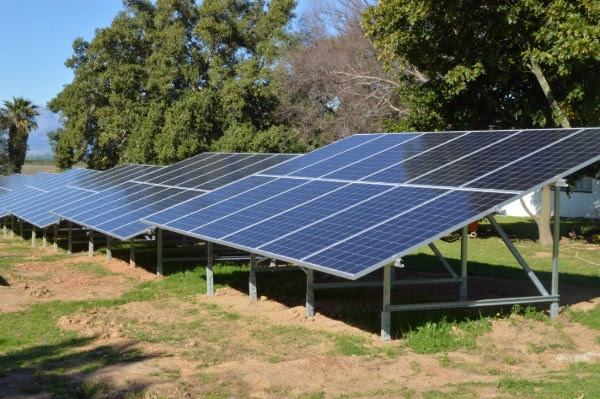
WESSA
Vondeling is a proud Gold Business Supporter of the Wildlife and Environmental Society of South Africa
